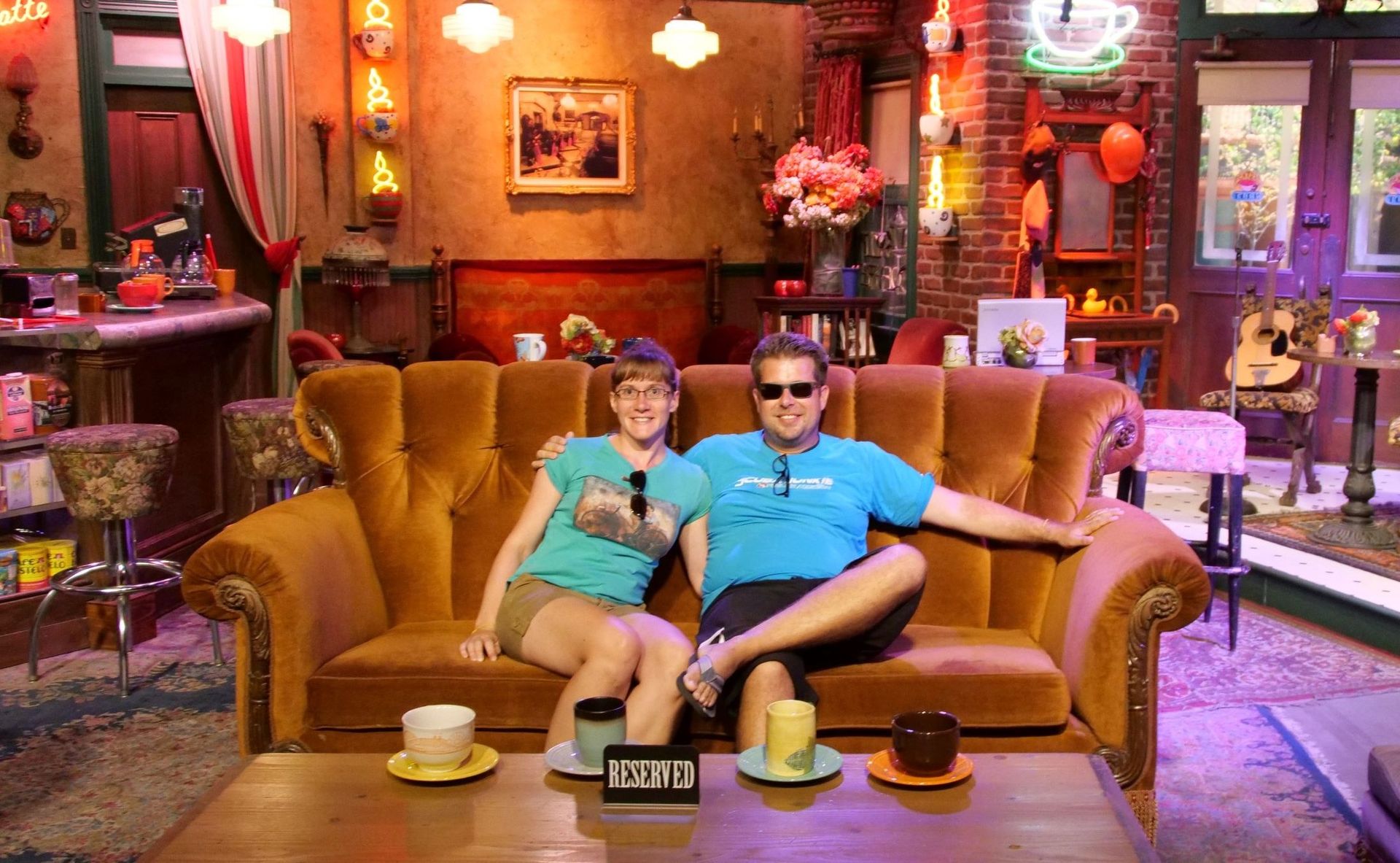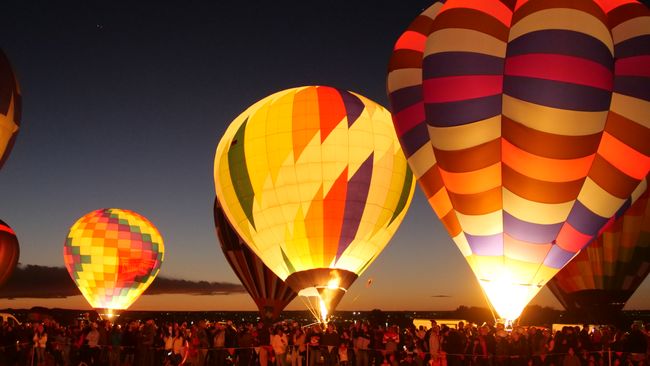24/08/2022 - Stage 15 from Plovdiv to Sofia, Bulgaria (151 kilometers)
Weşandin: 29.08.2022
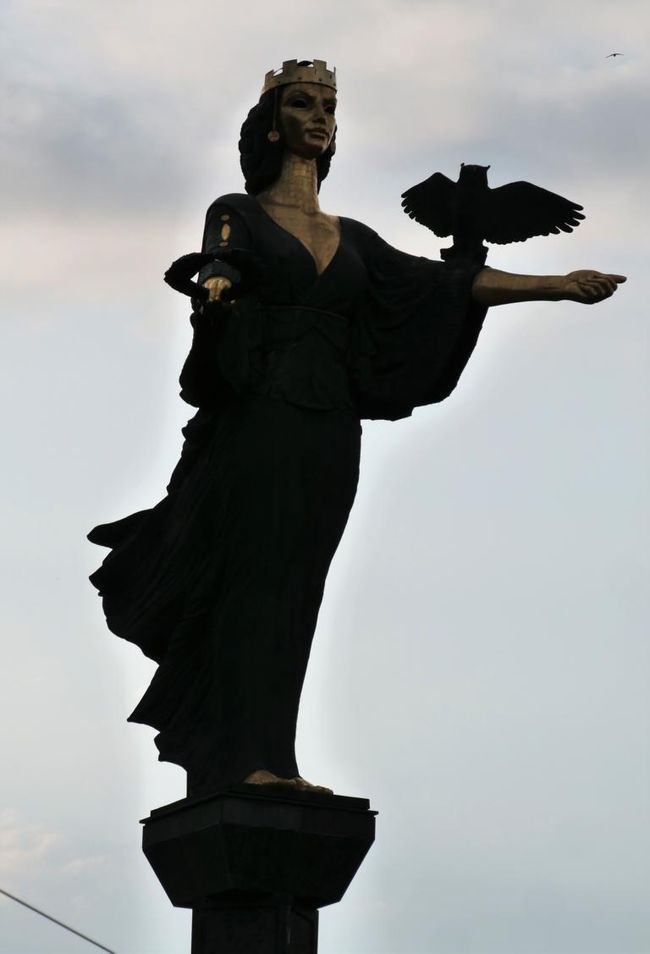
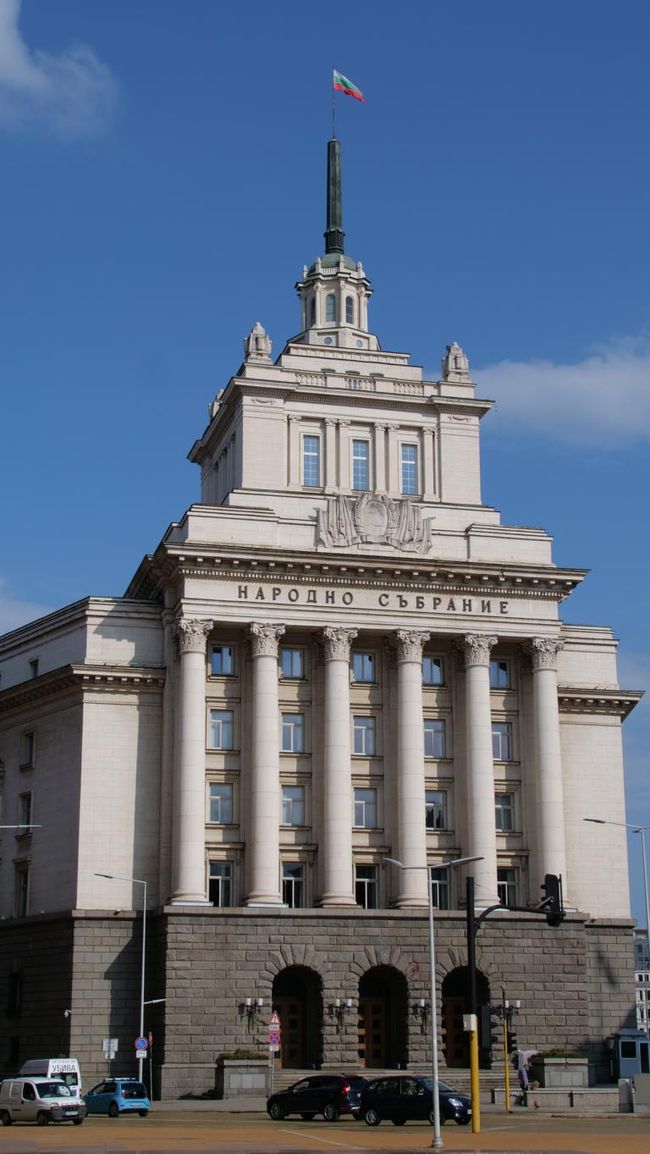
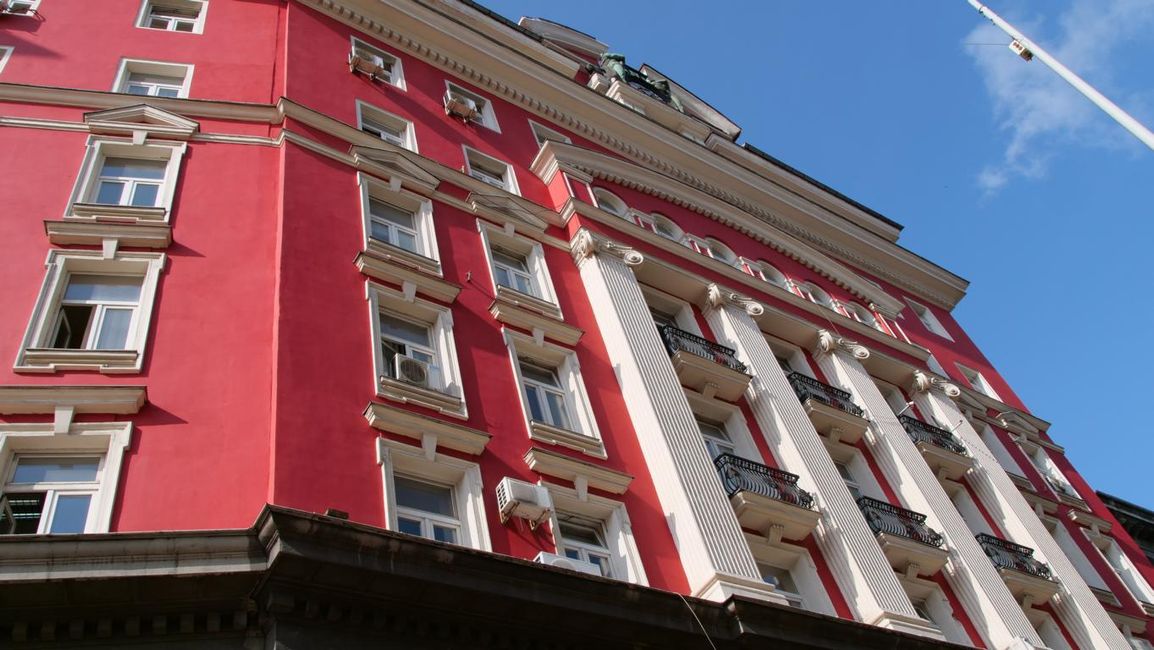
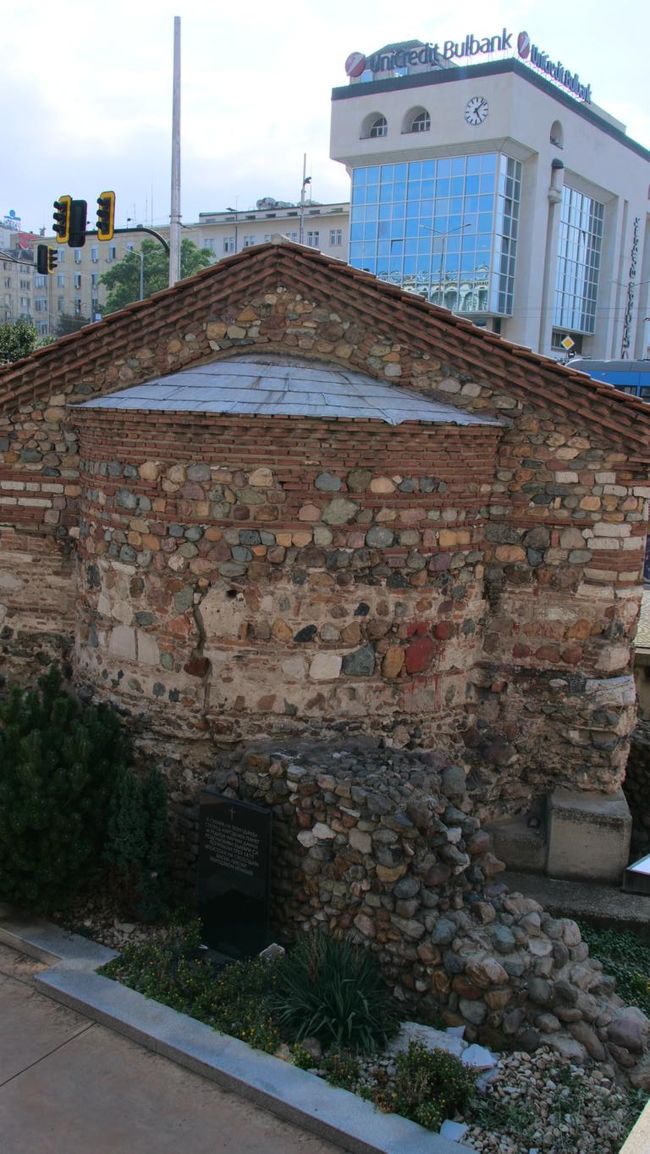
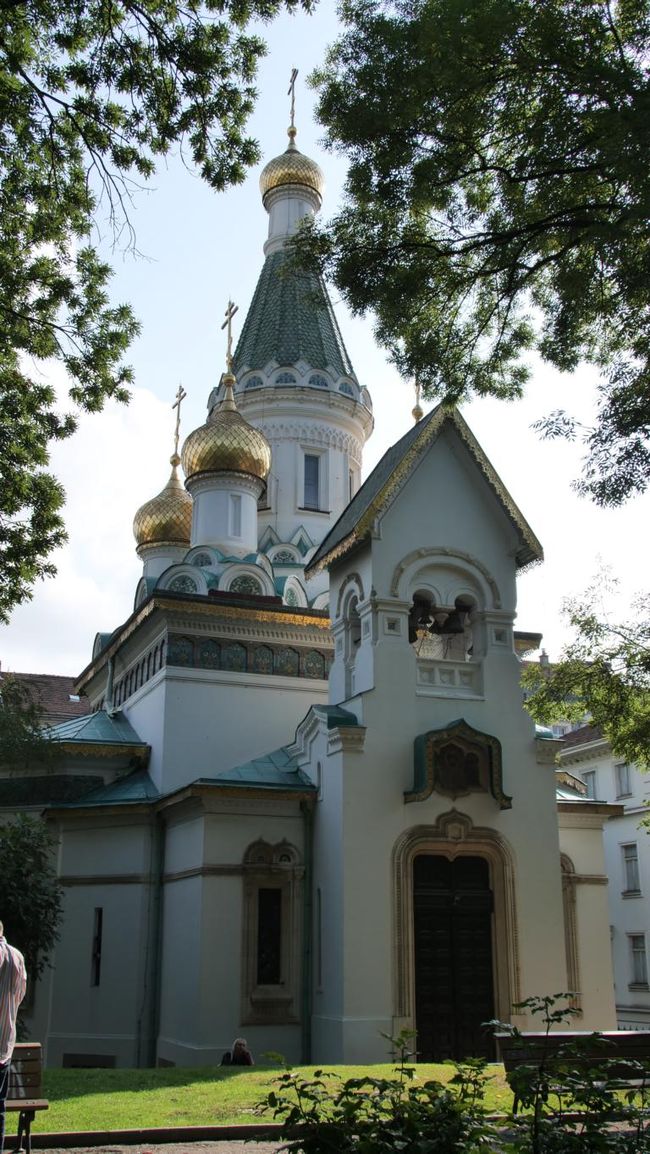
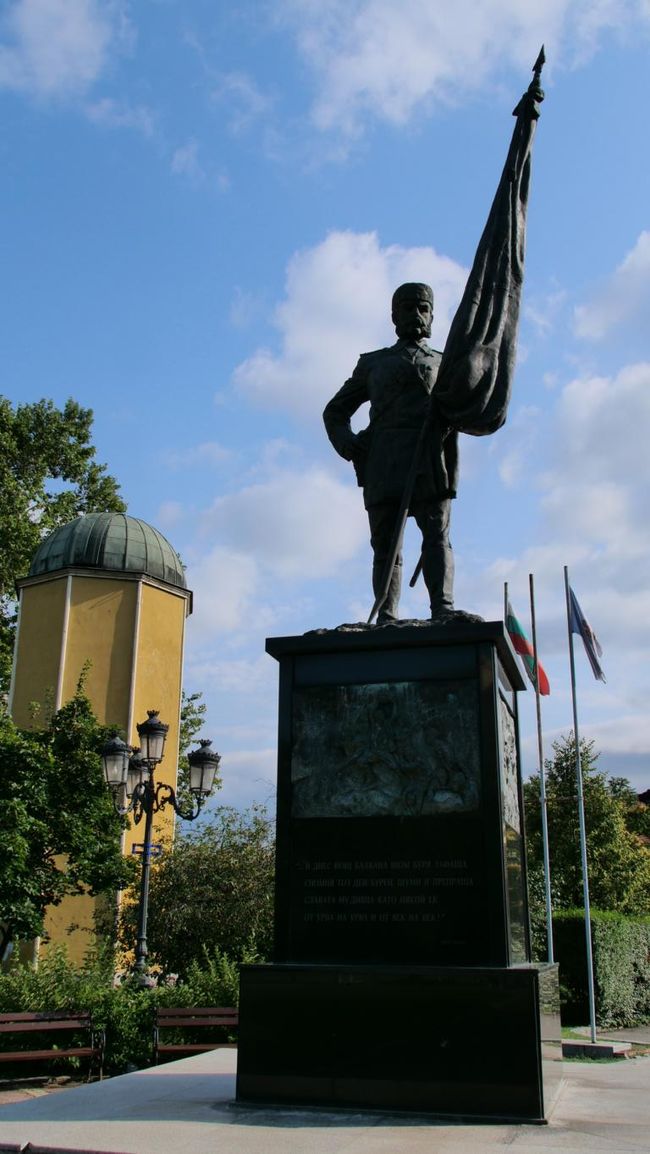
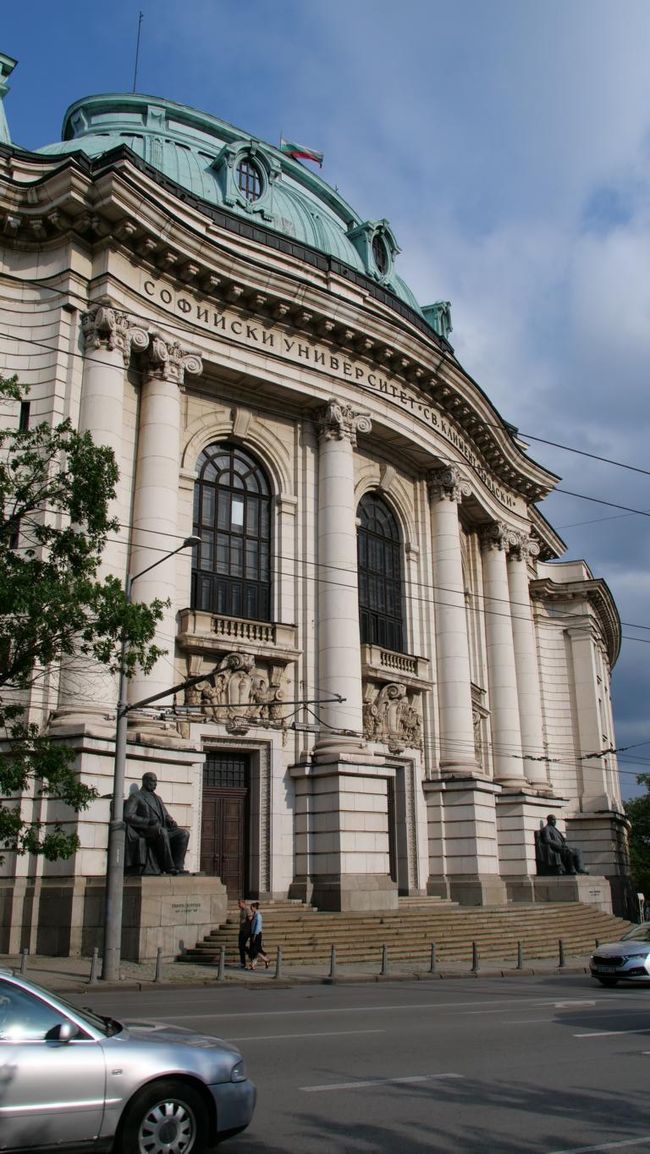
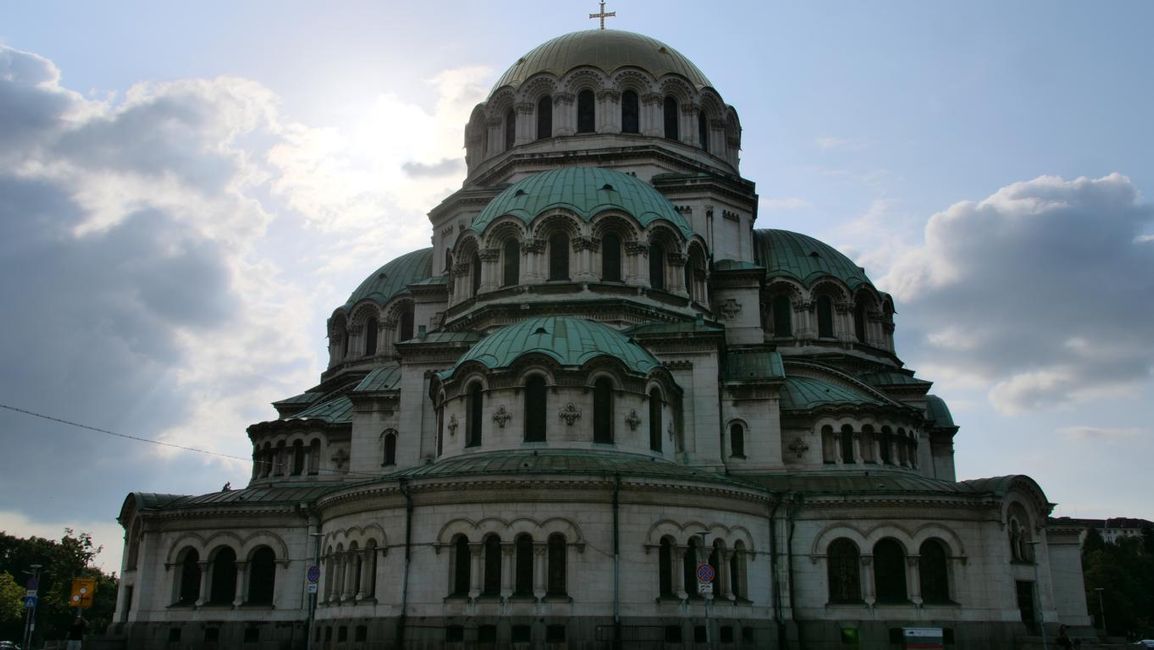
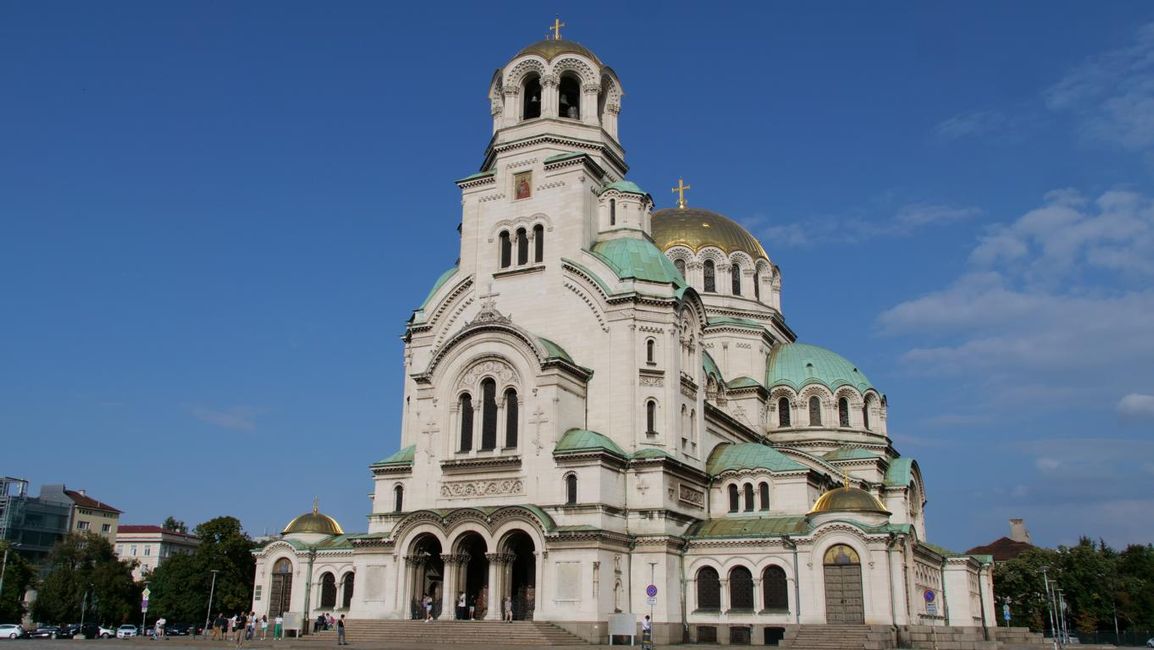
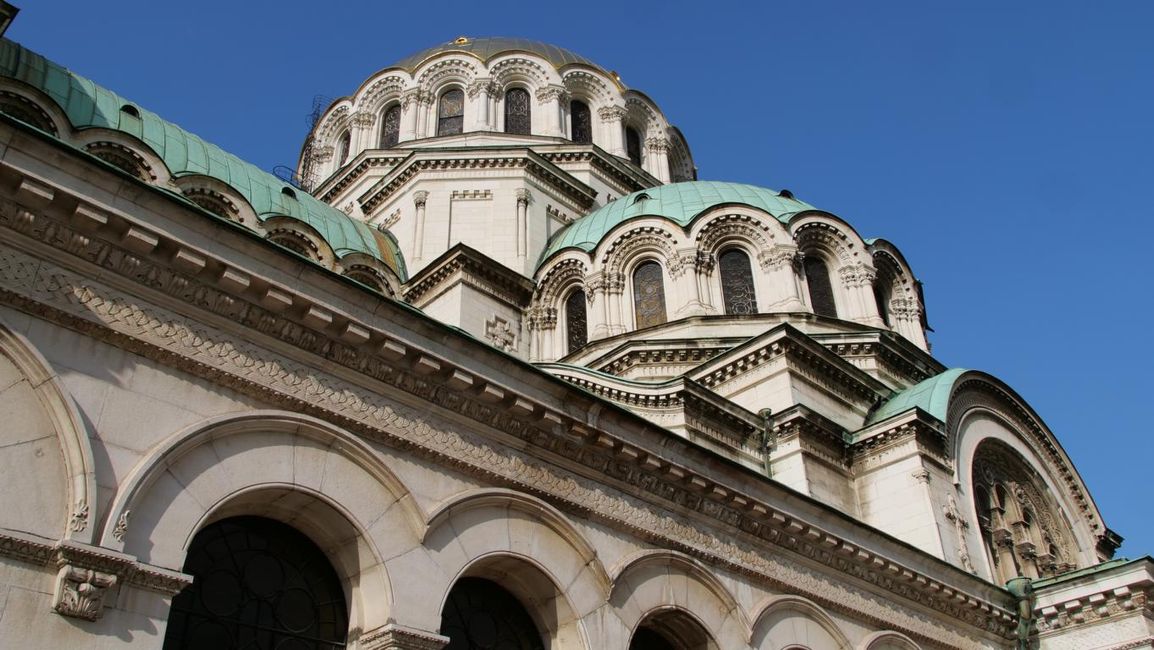
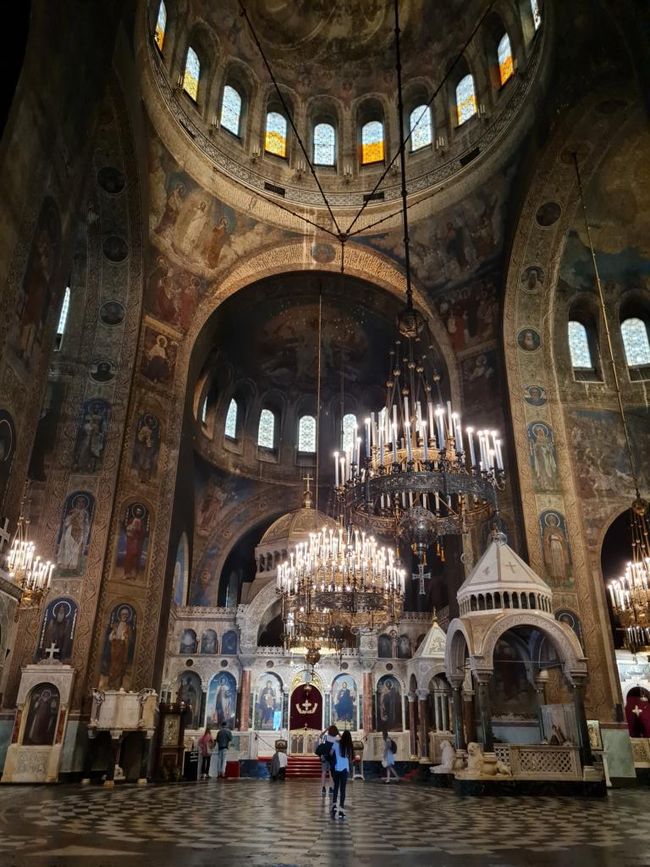
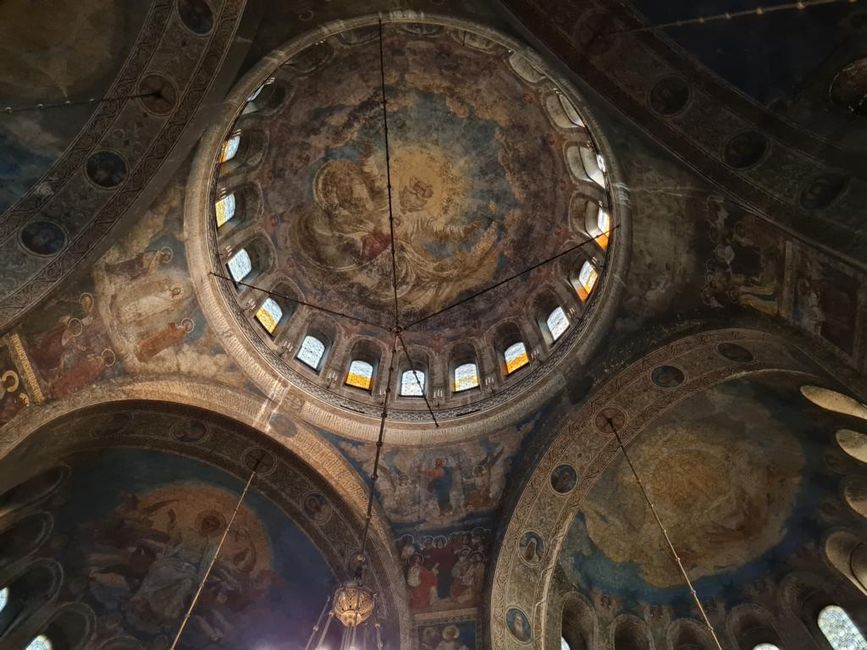
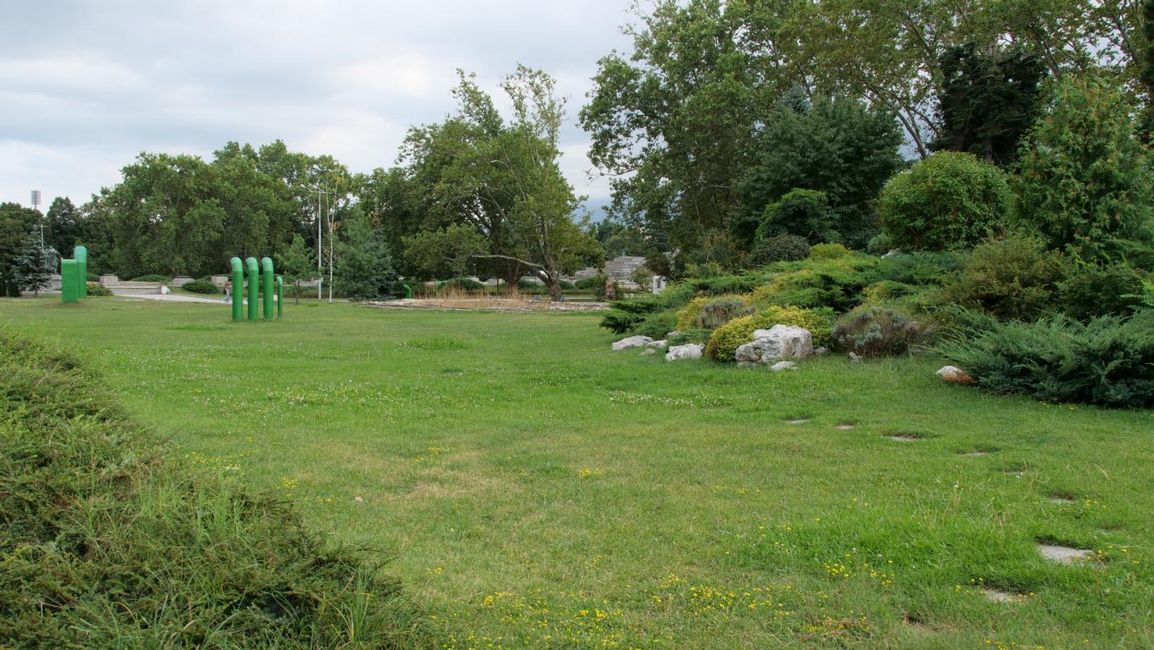
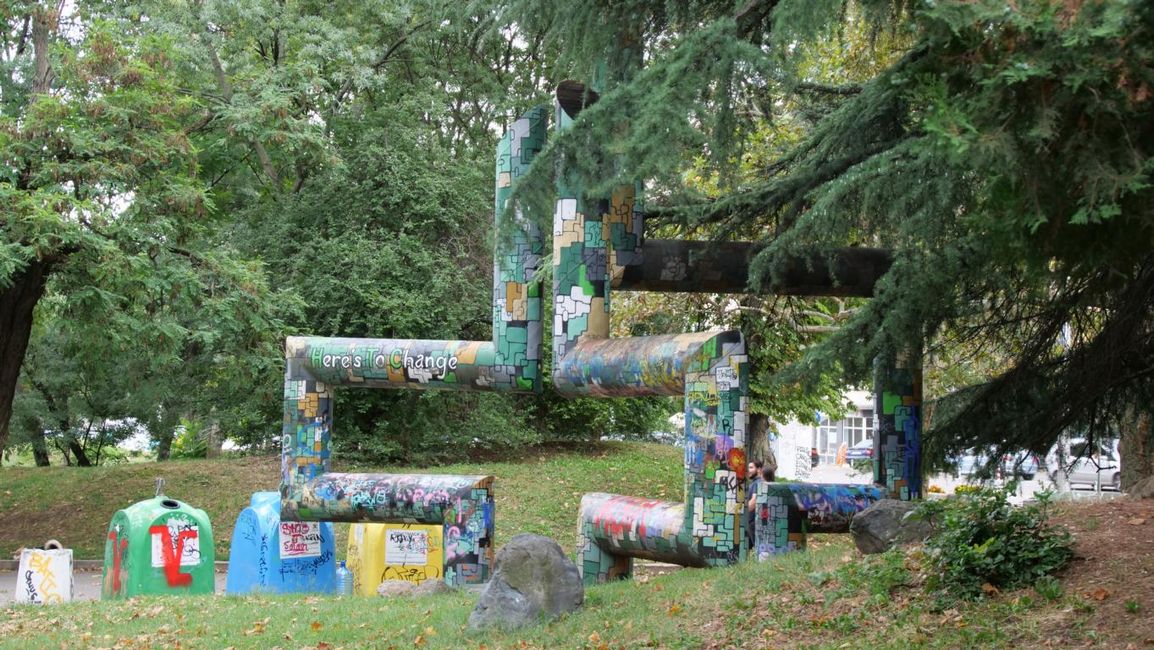
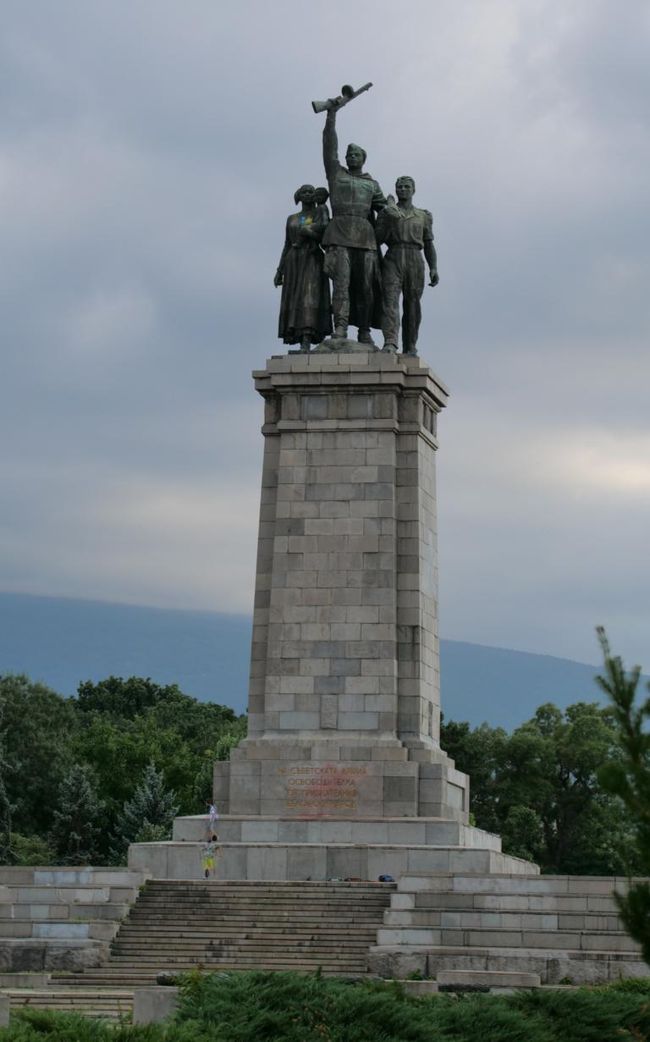
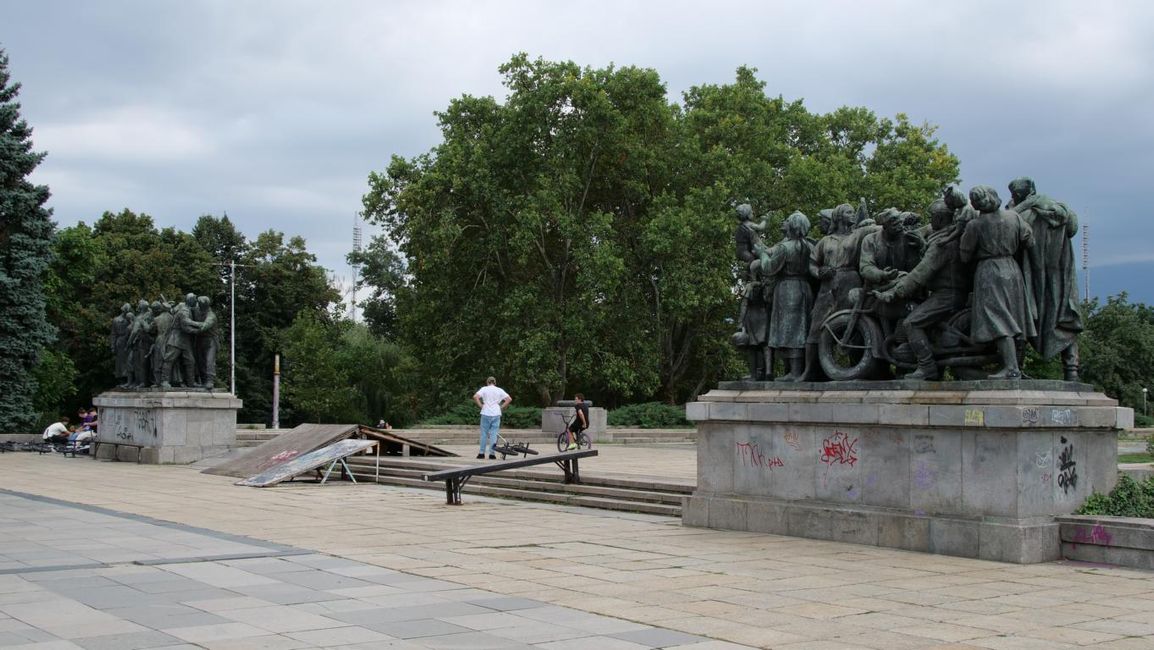
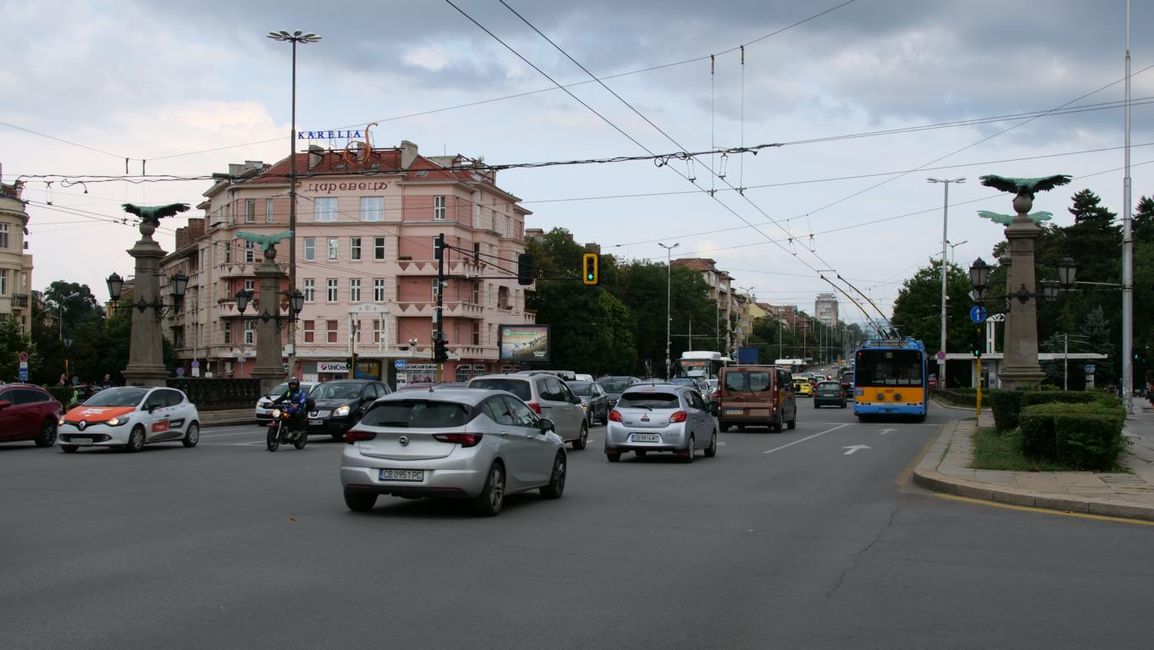
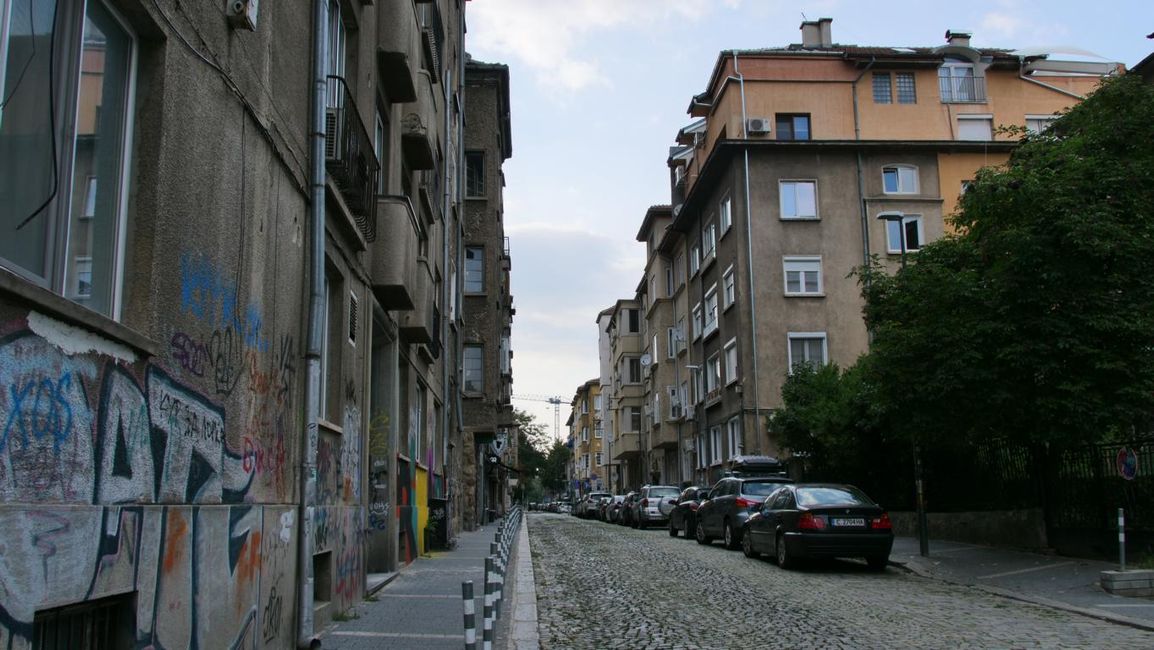
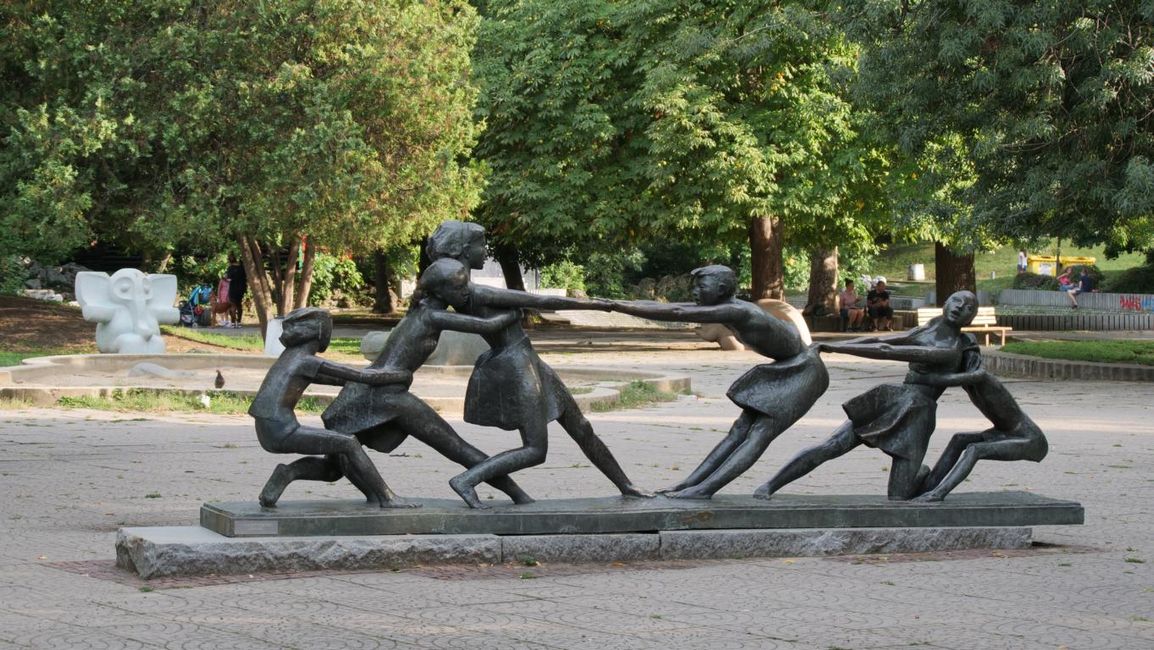
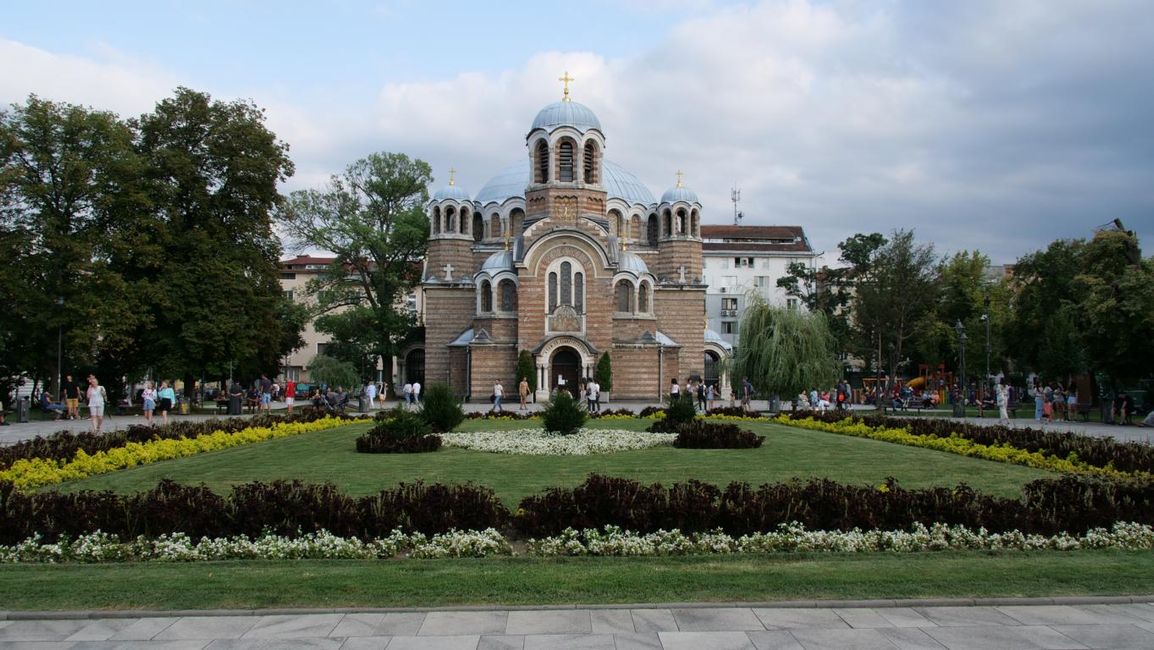
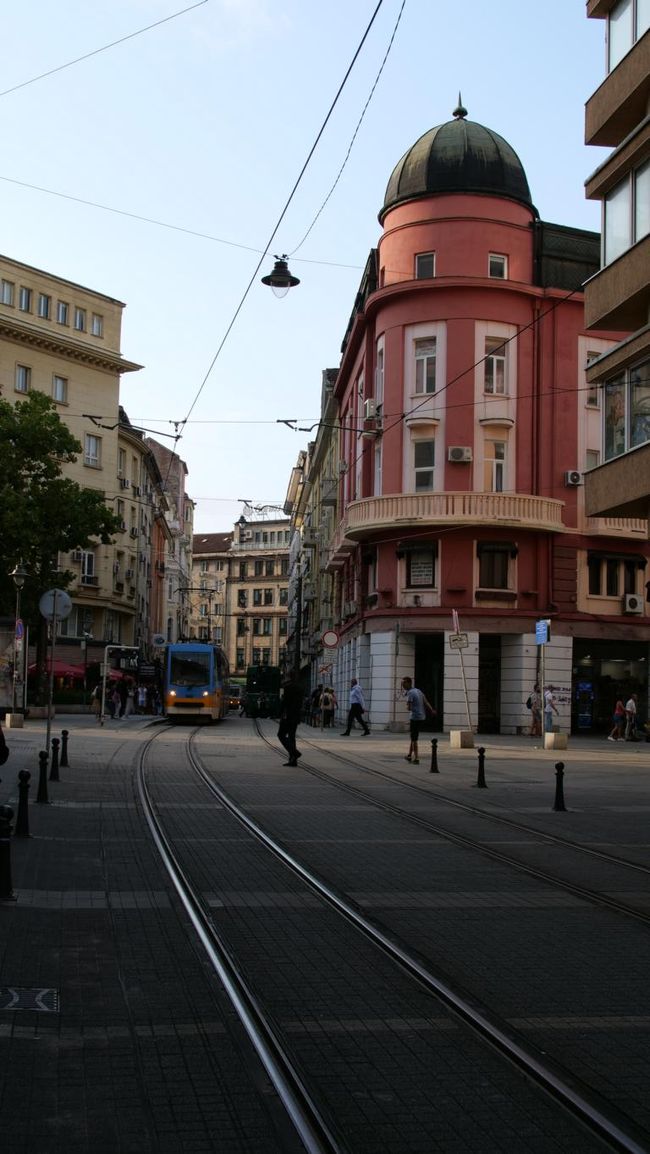
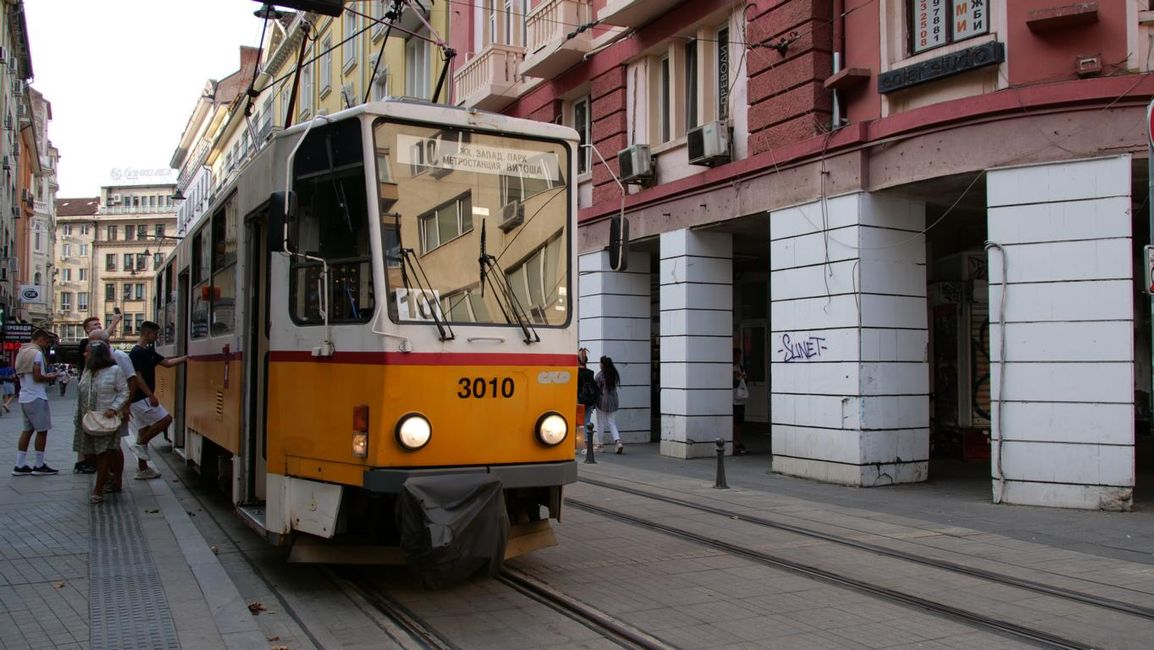
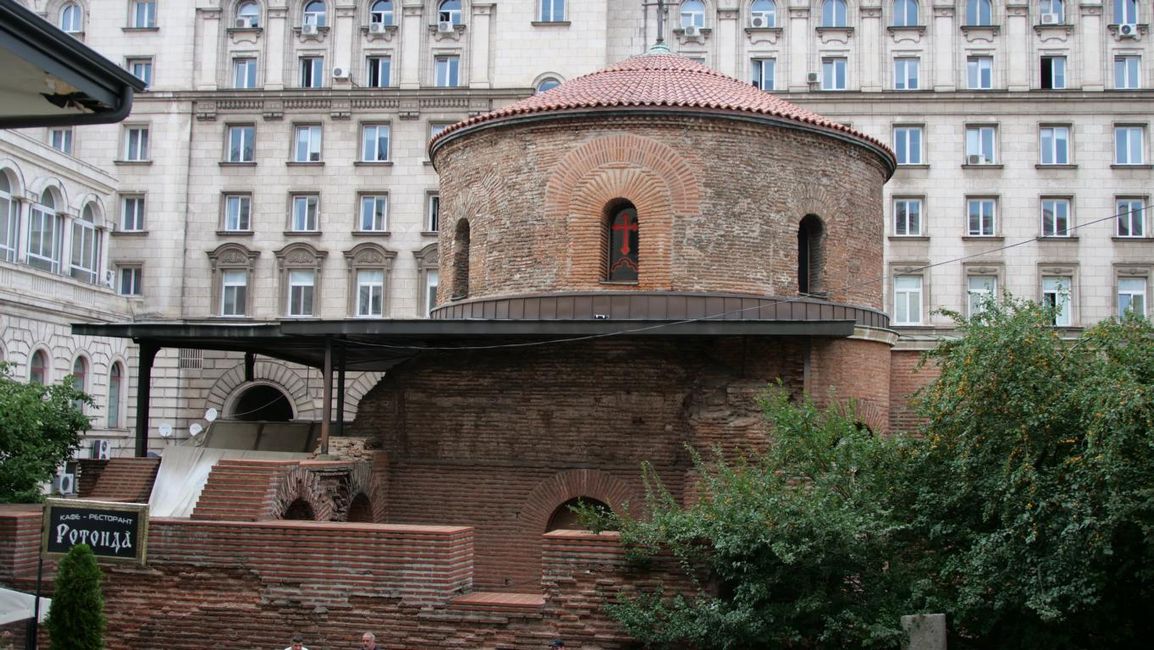
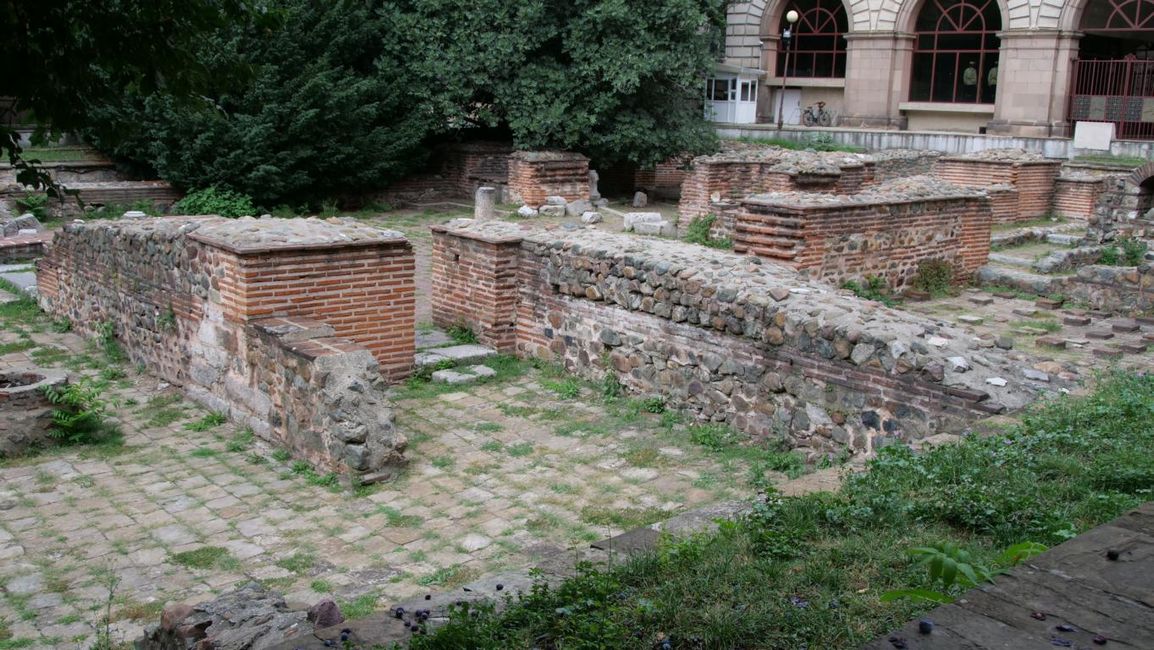
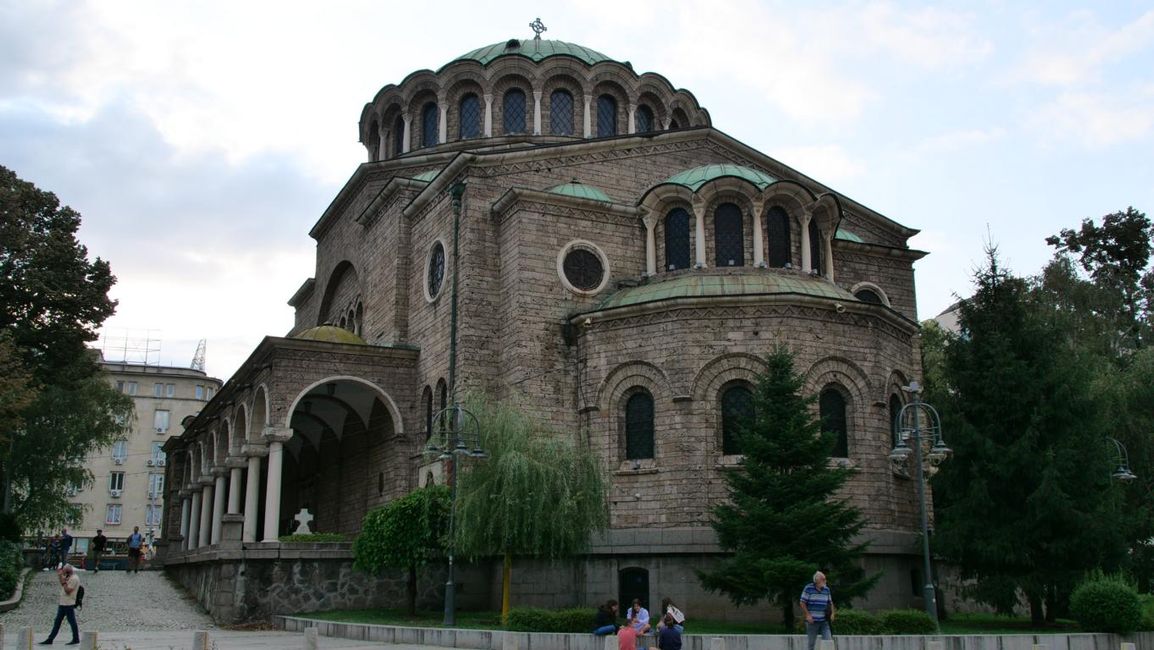
Subscribe to Newsletter
From the second largest city, we continued northwest to the largest and capital city of Bulgaria. Sofia is also one of the oldest cities in the Balkans, inhabited since the Stone Age. Over time, settlements were built and slowly grew into a city. Various peoples and empires ruled the city and renamed it multiple times. The city gets its current name from the Holy Sofia Church. In 2000, the widely visible patron saint named Sofia was erected in Independence Square. She faces the former party house of the Bulgarian Communist Party, which now houses part of the parliament. We stayed nearby and could see the statue from our doorstep. We walked from Independence Square to Alexander Nevsky Square. This square and the Alexander Nevsky Cathedral located here were named after Bulgaria's national saint. The monumental dome structure is the seat of the Bulgarian Patriarch, the head of the Bulgarian Orthodox Church. The magnificent building can accommodate up to 10,000 worshipers and is the second largest Orthodox church in the Balkan Peninsula. With its numerous arches, huge gilded dome, and gilded bell tower, the cathedral looks more like a palace. Today, the Alexander Nevsky Cathedral is considered the symbol of the city. In Knyazheska Garden, we found another huge monument. On a 40-meter high pillar, a man raises his weapon above the heads of a peasant woman and a worker. Three reliefs at the base depict the history of the Red Army. The monument commemorates September 9, 1944, when the Red Army liberated or occupied Bulgaria, depending on the perspective. Just a few hundred meters away, there are more monuments with scenes of combat. These are also very popular among skateboarders and trick bikers, as various ramps and a halfpipe have been installed. Directly in front of it is the Eagle Bridge, with a bronze eagle on each of the bridge's four corners. When the bridge was built from 1889 to 1891, it was located on the outskirts of the city, but today it is in the city center. We walked along the shopping street and the tram line to St. George Rotunda. This is an early Christian church made of red brick, surrounded by other historical remains of the ancient city. It is considered the oldest building in Sofia. From here, we slowly made our way back to our accommodation, because today it was time to cook for ourselves.
Subscribe to Newsletter
Bersiv
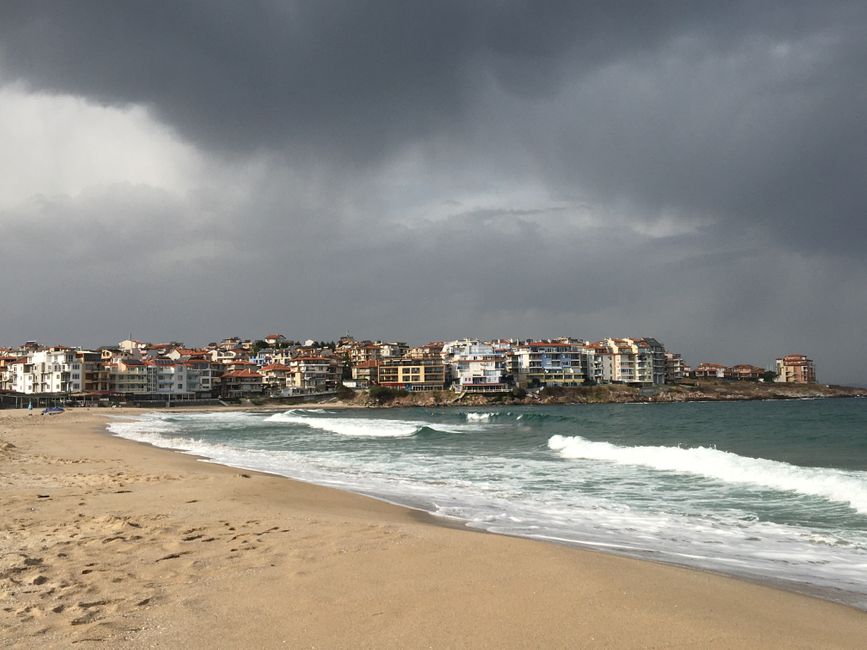
Raporên rêwîtiyê Bulgaristan
